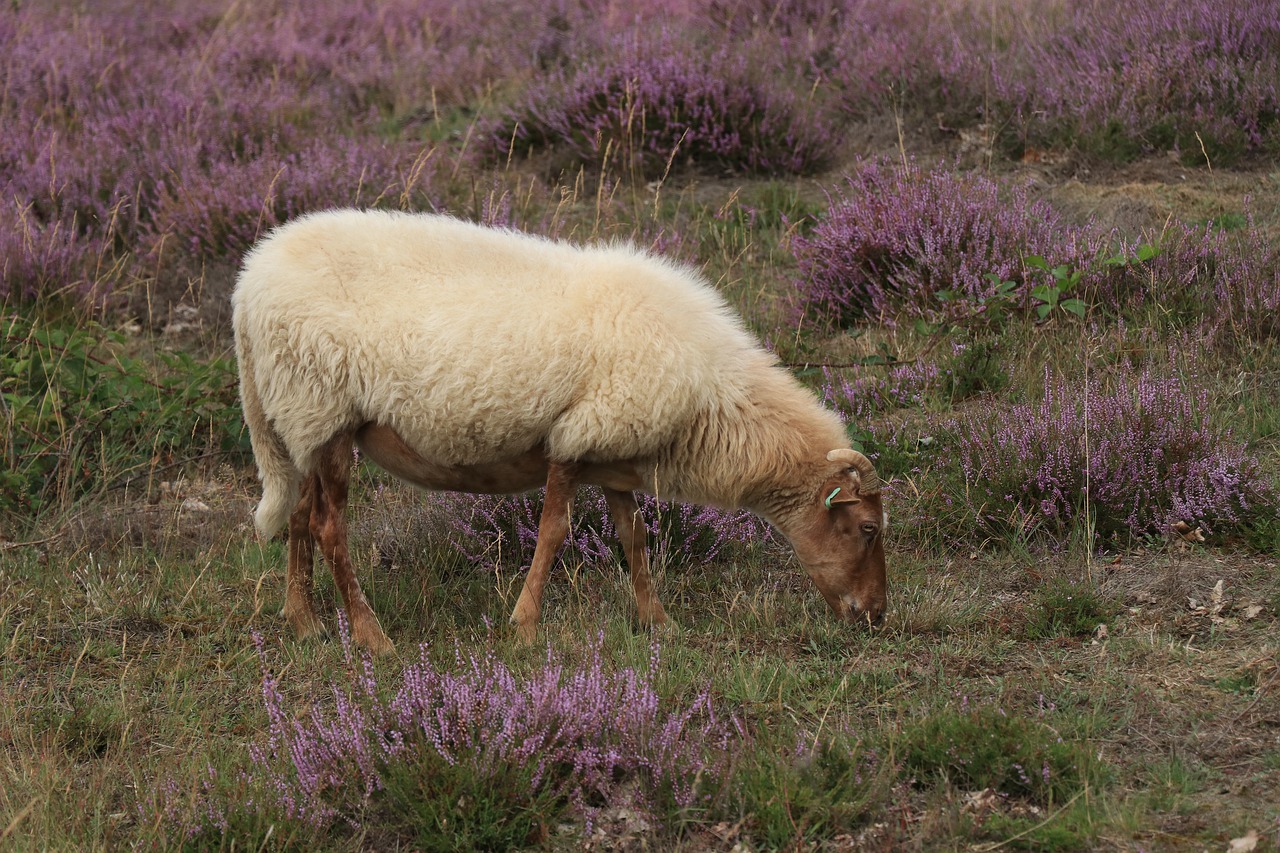I wonder what the weirdest insult you’ve ever received is. I once saw a video of a young woman describing how her friends started bleating at her – yes, “Baa baa” – and calling her a sheep! The provocation for this insulting behaviour was that she had become a Christian. I remember the video because her astonishment and pain was tangible; these had been her best friends, and yet when she told them she had become a Christian, they had turned on her. Where she had thought that they, as her friends, would be pleased for her and interested to learn more, she discovered quite the opposite. They actually thought that becoming a Christian was a stupid thing to do – something that only stupid people did (people with the intellectual capacity of a sheep). And so they turned to ridicule.
However, it runs a bit deeper than this. Behind the insult is more than an accusation of stupidity; their foundational belief was that a person’s greatest good and most precious possession is their personal freedom, and their friend was stupidly forsaking it. She had somehow allowed herself to be duped into some form of slavery – she was abandoning the wide open spaces of a world in which “anything goes” for a dumb, mindless “following the crowd” existence where someone else made all the rules.
But stop for a moment and consider the life of a sheep out on the hills. It doesn’t really do much – just eats the grass in front of it, and when that’s gone, it moves forward a bit more and eats the new grass, then moves forward a bit more and so on. It doesn’t really experience the freedom of the wide open spaces, because it is so singularly focussed on the one piece of grass right under its nose at any one moment. What’s more, because it is so concentrated on the pleasures that lie right before it, it is often unaware of danger around it. It could easily follow its nose away from the lushest grass and into treacherous territory where food and water are scarce, where predators roam or where paths are hazardous.
For their own good, what sheep need is a shepherd who will lead them to rich pastures and fresh water, defend them from any wild animals and, if one should wander off, make a careful search for it and bring it back home – if necessary, bandaging any wounds, so that it might be quickly restored to full health and vigour.
By using this particular insult, the woman’s friends showed that they fundamentally misunderstood both the essential character of humankind and the attitude of God towards humankind. They believed people were capable of being happy and fulfilled without God and believed God’s attitude towards humanity to be essentially negative – selfish and controlling, domineering and restrictive. They had bought the lie that we read on the lips of the serpent as it talks to Eve in the Garden of Eden (Genesis chapter 3). By contrast, Jesus “had compassion on the crowds because they were harassed and helpless, like sheep without a shepherd,” (Matthew 9:36) and he taught that he was the Good Shepherd who genuinely cared about his people and had come “that they might have life in all its fullness.” (John 10:10) I would suggest that following him is not so stupid after all!
May you hear and follow the Good Shepherd’s call to safety and eternal joy.
